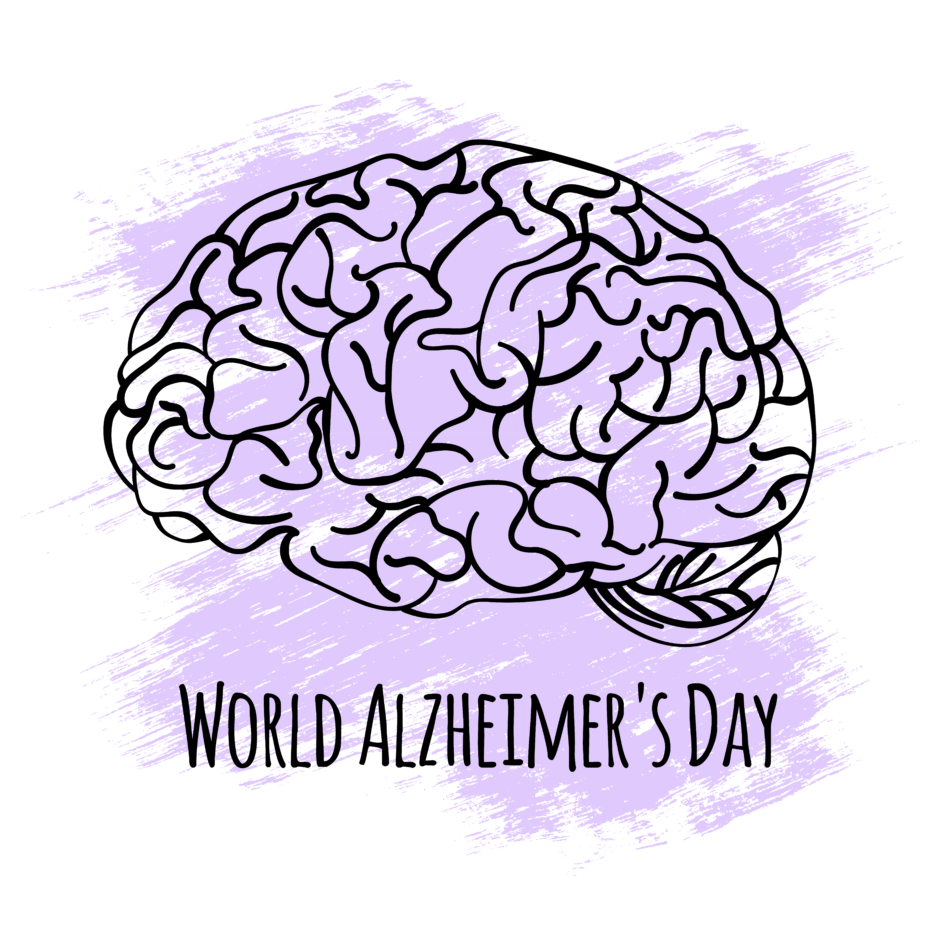Introduction to World Alzheimer’s Day
History of World Alzheimer’s Day
World Alzheimer’s Day is observed on September 21st each year to raise awareness about Alzheimer’s disease and to challenge the stigma that surrounds dementia. The day was launched by Alzheimer’s Disease International in 1994 and has since become a global movement to advocate for better understanding of dementia and support for individuals and families affected by the disease.
Importance of raising awareness
Raising awareness about Alzheimer’s disease is crucial in promoting early diagnosis, reducing stigma, and providing support to those living with the condition. By educating the public about the signs and symptoms of Alzheimer’s, we can work towards creating a more dementia-friendly society and improving the quality of life for those affected. Through awareness campaigns and initiatives, we can foster a more inclusive and supportive community for individuals with Alzheimer’s disease.
Understanding Alzheimer’s Disease
Causes and risk factors
Alzheimer’s disease is a progressive brain disorder that affects memory, thinking abilities, and behavior. The exact cause is not yet fully understood, but it is believed to be a combination of genetic, environmental, and lifestyle factors. Age is the most significant risk factor, with the majority of cases occurring in individuals over 65 years old. Family history, head injuries, and certain genetic mutations also play a role in increasing the risk of developing Alzheimer’s disease.
Early signs and symptoms
Recognizing the early signs and symptoms of Alzheimer’s disease is crucial for timely intervention and management. Common early symptoms include memory loss that disrupts daily life, challenges in planning or solving problems, difficulty completing familiar tasks, confusion with time or place, and changes in mood or personality. If you or a loved one is experiencing these symptoms, it is important to seek medical advice for a proper diagnosis and care plan.
Diagnosis and Treatment of Alzheimer’s
Diagnostic procedures
Upon suspecting Alzheimer’s disease, healthcare providers may conduct several diagnostic procedures to confirm the condition. These may include cognitive tests, brain imaging scans like MRI or PET scans, blood tests, and sometimes genetic testing to identify any risk factors or underlying causes. A comprehensive evaluation is crucial to rule out other conditions and provide an accurate diagnosis.
Available treatment options
While there is no cure for Alzheimer’s disease, various treatment options aim to manage symptoms, slow down the progression of the disease, and improve the quality of life for patients. These may include medications to enhance memory and cognitive functions, occupational therapy, speech therapy, and lifestyle modifications such as regular exercise and a balanced diet. It is important to work closely with healthcare professionals to create a personalized treatment plan that addresses the specific needs of each individual.
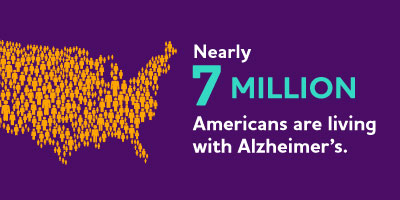
Impact on Patients and Caregivers
Challenges faced by patients
Patients diagnosed with Alzheimer’s disease face various challenges that significantly impact their daily lives. From memory loss and confusion to changes in behavior and difficulties with communication, the progressive nature of the disease can lead to frustration and feelings of isolation. Coping with these challenges requires patience, understanding, and ongoing support from healthcare professionals, family members, and caregivers.
Support for caregivers
Caregivers of individuals with Alzheimer’s also face numerous challenges as they provide care and support to their loved ones. The emotional, physical, and financial burdens can take a toll on their well-being. It is crucial for caregivers to seek help, whether through support groups, respite care services, or counseling, to ensure they receive the assistance and support needed to navigate the complexities of caring for someone with Alzheimer’s disease.
Research and Progress in Alzheimer’s
Current studies and findings
Advancements in treatment methods
Patients diagnosed with Alzheimer’s disease are at the center of ongoing research and progress aimed at understanding and managing the disease better. Current studies focus on exploring potential risk factors, early detection methods, and novel treatment options to improve the quality of life for those affected. Recent findings suggest that lifestyle modifications, such as a healthy diet and regular exercise, may play a role in reducing the risk of developing Alzheimer’s.Advancements in treatment methods offer hope for both patients and caregivers. With the development of new medications, non-pharmacological interventions, and personalized care plans, individuals can receive more tailored and effective support. These advancements not only aim to alleviate symptoms but also enhance overall well-being and cognitive function. The dedication to advancing research and treatment underscores the importance of collaboration between healthcare professionals, researchers, caregivers, and patients in the fight against Alzheimer’s disease.
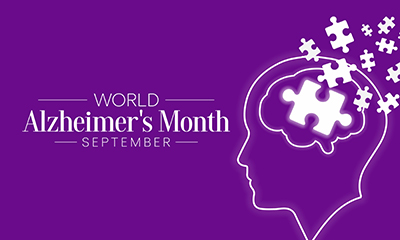
Global Efforts and Initiatives
Organizations dedicated to Alzheimer’s
Advocacy and awareness campaigns
Blog Section:Patients diagnosed with Alzheimer’s disease are at the forefront of global efforts and initiatives aimed at advancing research and treatment. Organizations dedicated to Alzheimer’s work tirelessly to fund research projects, provide support services, and advocate for policy changes to improve the lives of those affected. Through collaborative efforts, these organizations strive to accelerate progress and promote a better understanding of the disease.In addition to research-focused initiatives, advocacy and awareness campaigns play a crucial role in educating the public, reducing stigma, and increasing support for Alzheimer’s patients and their families. By raising awareness and advocating for better resources and care, these campaigns contribute to a more informed and compassionate society. Together, these global efforts underscore the collective commitment to combating Alzheimer’s disease and enhancing the quality of life for all those impacted.
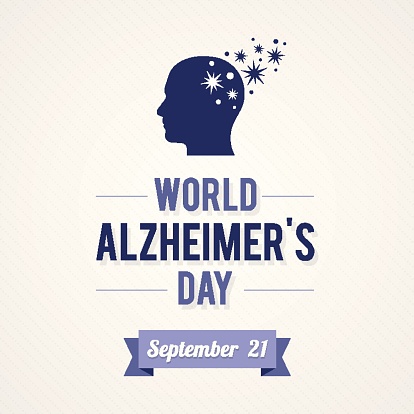
Personal Stories and Experiences
Sharing stories of individuals affected
Coping strategies and resilience
Blog Section:When it comes to Alzheimer’s disease, personal stories and experiences play a vital role in raising awareness and fostering empathy. By sharing the stories of individuals affected by Alzheimer’s, we can highlight the realities of living with this condition and the impact it has on families and caregivers. These narratives humanize the disease, making it more relatable and helping to reduce stigma.Moreover, coping strategies and resilience in the face of Alzheimer’s are crucial aspects that deserve recognition. Learning how individuals and families cope with the challenges brought about by Alzheimer’s can provide valuable insights and inspiration to others facing similar situations. Their resilience and strength showcase the power of the human spirit in overcoming adversity. Through sharing experiences and coping mechanisms, we can support and uplift those affected by the disease.
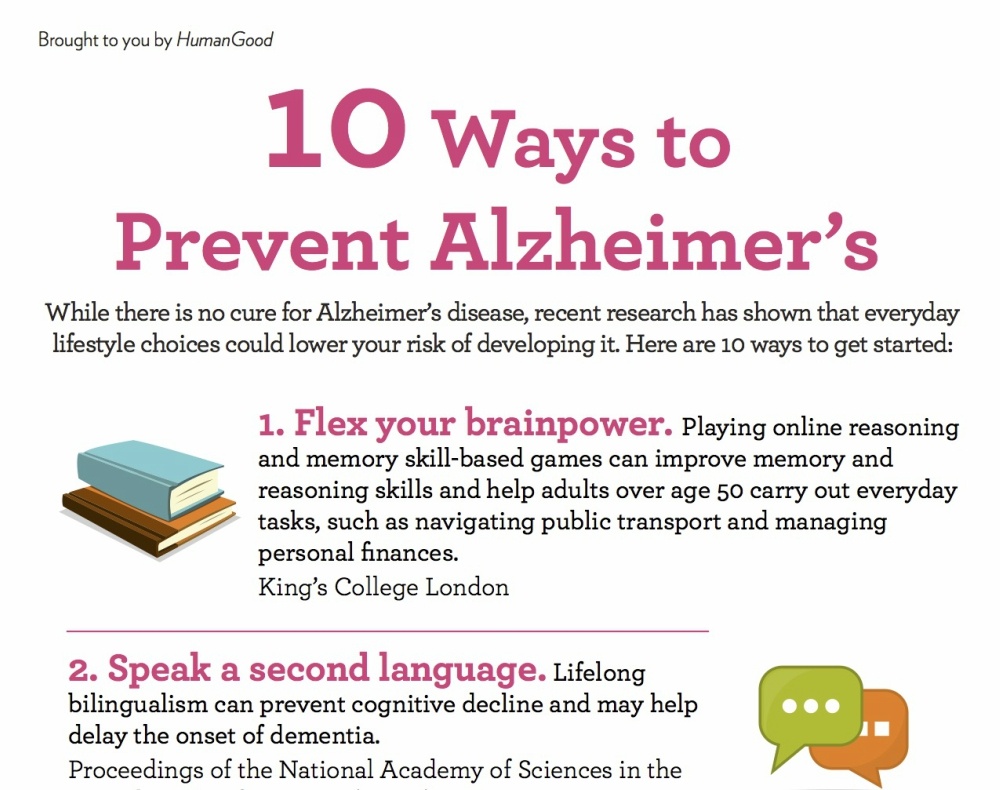
How to Get Involved
Ways to support the cause
Promoting dementia-friendly communities
Blog Section:When it comes to Alzheimer’s disease, engaging with personal stories and experiences is essential for raising awareness and building empathy. Sharing the firsthand accounts of individuals impacted by Alzheimer’s sheds light on the challenges faced and the ripple effects on families and caregivers. These narratives humanize the disease, fostering understanding and eradicating stigma.Furthermore, acknowledging coping strategies and resilience is crucial. Exploring how individuals and families navigate the complexities of Alzheimer’s offers valuable insights and inspiration for others confronting similar circumstances. Their strength and ability to persevere underlines the resilience of the human spirit in adversity. By exchanging experiences and coping mechanisms, a supportive network can be formed to uplift and assist those affected by the disease.

